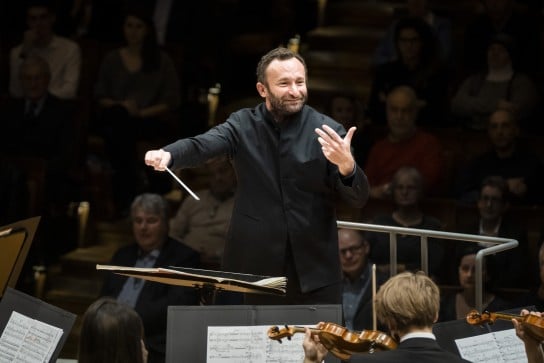Concert going is up in Germany, opera down
mainThe German Orchestra Association (DOV) has released figures showing that concert attendances are rising – up from 5.9 million people in 2000/2001 to seven million in 2016/17.
Opera ging has fallen from 4.7 million to 3.8 million, but that does not account for tens of thousands who now watch opera in cinemas.
Last weekend, 35,000 turned out in Berlin to see Kirill Petrenko’s opening concert with the Philharmonic.






Comments